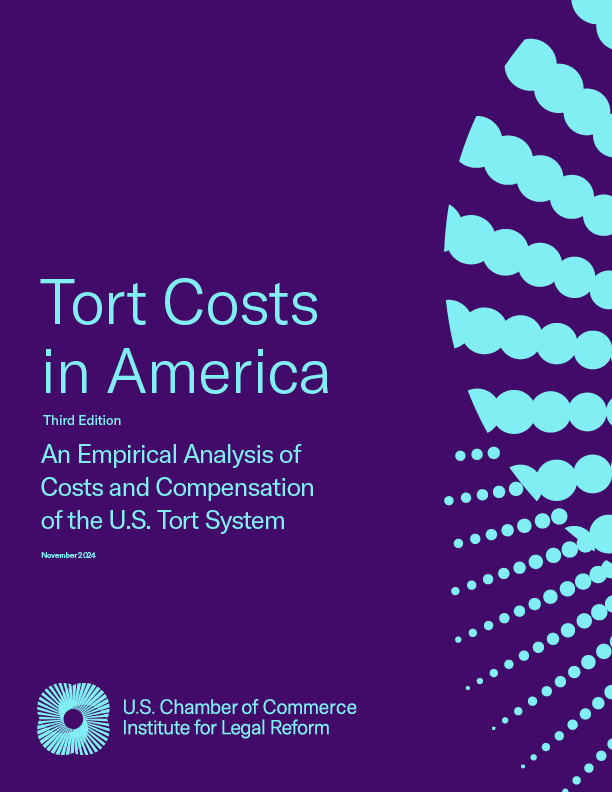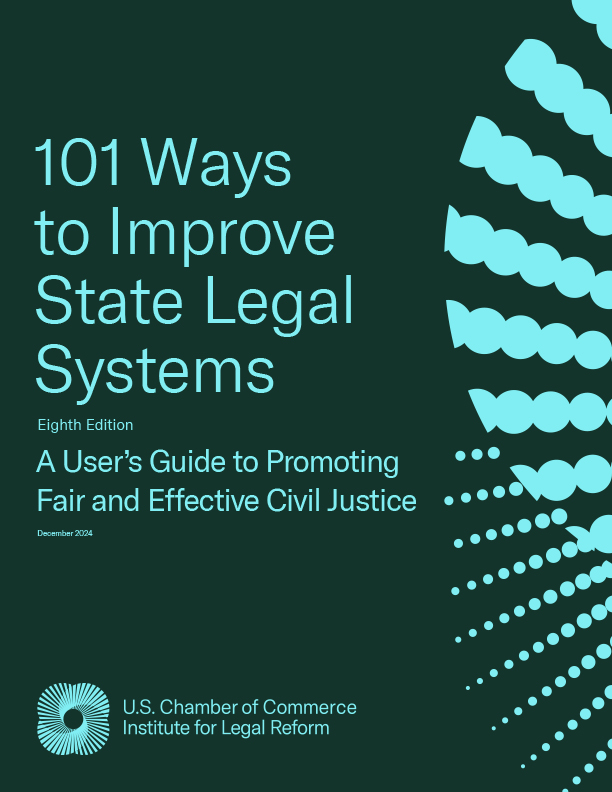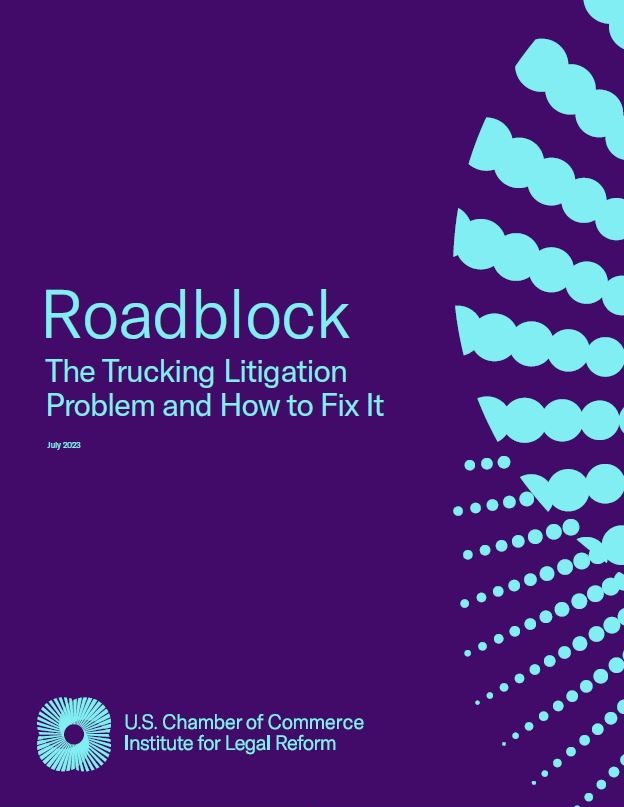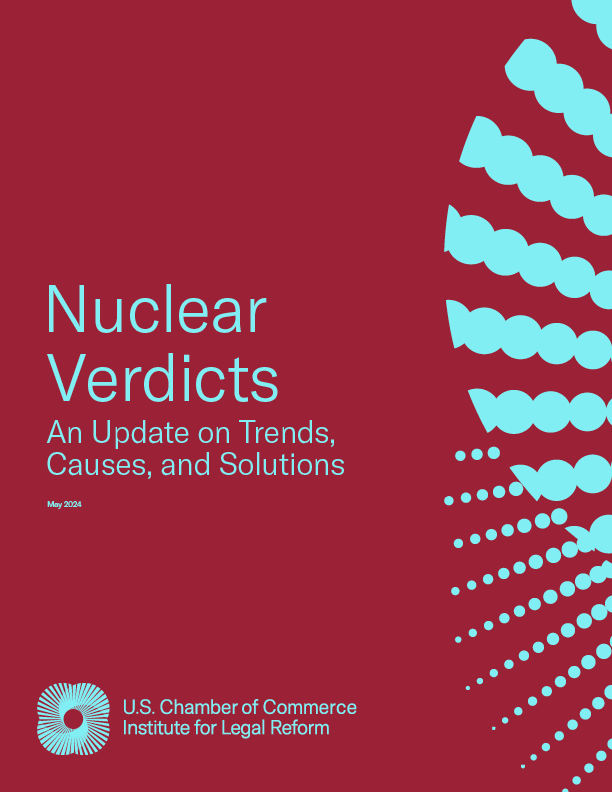Lawsuits targeting the commercial transport industry raise costs all across the economy. Trucking and other commercial transportation move the vast bulk of shipped goods in the United States, whether those goods are going to grocery stores and other retailers, directly to consumers’ front doors, or to some part of a multi-faceted supply chain.
ILR’s research, conducted in partnership with The Brattle Group, shows just how much economic growth could result from cutting back on commercial transportation lawsuits. We modeled what would happen if all states reduced their commercial auto tort costs to the levels experienced in the lowest-cost states (as a proportion of revenue). We found that over a 10-year period, such a change would:
- increase U.S. GDP by an average of $52.3 billion per year, through avoided litigation costs and increased economic activity;
- create 5.7 million additional jobs across the economy; and
- reduce expected inflation in food-at-home prices by up to 15%.
Additionally, we found that for every additional $1 million in tort costs in this space, U.S. GDP would decline by about $2 million. That negative impact can be described as an economic shock resulting in a reduction of U.S. GDP through lower production and consumption of goods and services. While this paper in no way attempts to judge what portion of costs might be frivolous or abusive and what portion might be justified, we believe that this information adds critical perspective for those making policy that affects the commercial transportation industry.



